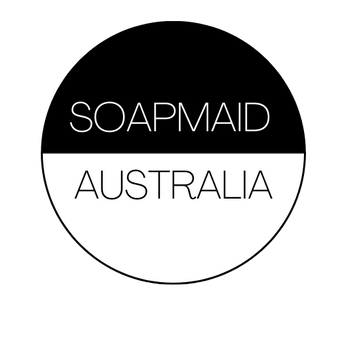In the realm of soapmaking, few ingredients possess the versatile charm and nourishing qualities of coconut oil. Renowned for its myriad benefits in skincare, coconut oil is a prized addition to the craft of soapmaking, offering a natural, gentle, and effective solution for cleansing while pampering the skin.
The Science Behind
Coconut Oil in Soapmaking
Derived from the kernel or meat of mature coconuts, coconut oil boasts a unique composition. Its high levels of saturated fats, particularly lauric acid, lend exceptional cleansing properties to soap. When saponified, these fats produce a rich lather that effectively removes dirt, grime, and impurities from the skin without stripping away its natural oils.
Benefits Galore: Why
Coconut Oil Shines in Soapmaking
1.
Cleansing Power:
Coconut oil's ability to create a luxurious, bubbly lather makes it an excellent choice for soap. This lather not only cleanses deeply but also imparts a refreshing feeling after each wash.
2.
Moisture and Nourishment:
Despite its cleansing prowess, coconut oil is surprisingly gentle on the skin. Its emollient properties help maintain the skin's moisture balance, leaving it feeling soft, supple, and hydrated.
3.
Antibacterial and Antifungal Properties:
The lauric acid in coconut oil exhibits antibacterial and antifungal properties, potentially assisting in combating skin issues such as acne or infections, making coconut oil-based soaps ideal for various skin types.
4.
Lathering Quality:
Soapmakers value coconut oil for its ability to produce stable, fluffy lather, contributing to a luxurious bathing experience.
Soapmaking with Coconut Oil: Finding the Balance
While coconut oil is a star ingredient, formulating a soap exclusively with it may lead to a harsh bar due to its high cleansing properties. Soapmakers often blend coconut oil with other oils like olive oil, shea butter, or castor oil to achieve a balanced bar that cleanses effectively while being gentle on the skin.
Tips for Crafting Coconut Oil-based Soaps
1. **Balancing Formulation:** Aim for a balanced recipe that combines coconut oil with other oils to achieve a gentle, moisturizing soap bar.
2. **Quality Matters:** Opt for high-quality, pure coconut oil to ensure your soap retains its beneficial properties.
3. **Superfatting:** Consider superfatting by adding extra oils at the end of the soapmaking process to enhance the soap's moisturising properties.
In the world of soapmaking, coconut oil stands as a cherished ally, offering an array of benefits that elevate the soapmaking experience. Its ability to cleanse effectively while preserving skin moisture makes it a favorite among artisans and consumers seeking natural, skin-loving solutions.
Crafting soap with coconut oil isn't just about creating a cleansing product; it's an ode to nature's bountiful offerings. From its nourishing qualities to its ability to create a lavish lather, coconut oil adds an extra dimension of care and indulgence to the simple act of cleansing.
For those venturing into soapmaking or exploring the array of natural soaps available, embracing coconut oil-infused soaps isn't merely a choice; it's an invitation to experience the beauty of simplicity and the richness of nature in every lather.
*Disclaimer: Soapmaking involves the use of chemicals and requires proper knowledge and safety measures. It's advisable to follow trusted recipes, safety guidelines, and perform a patch test before using any new soap product.*

